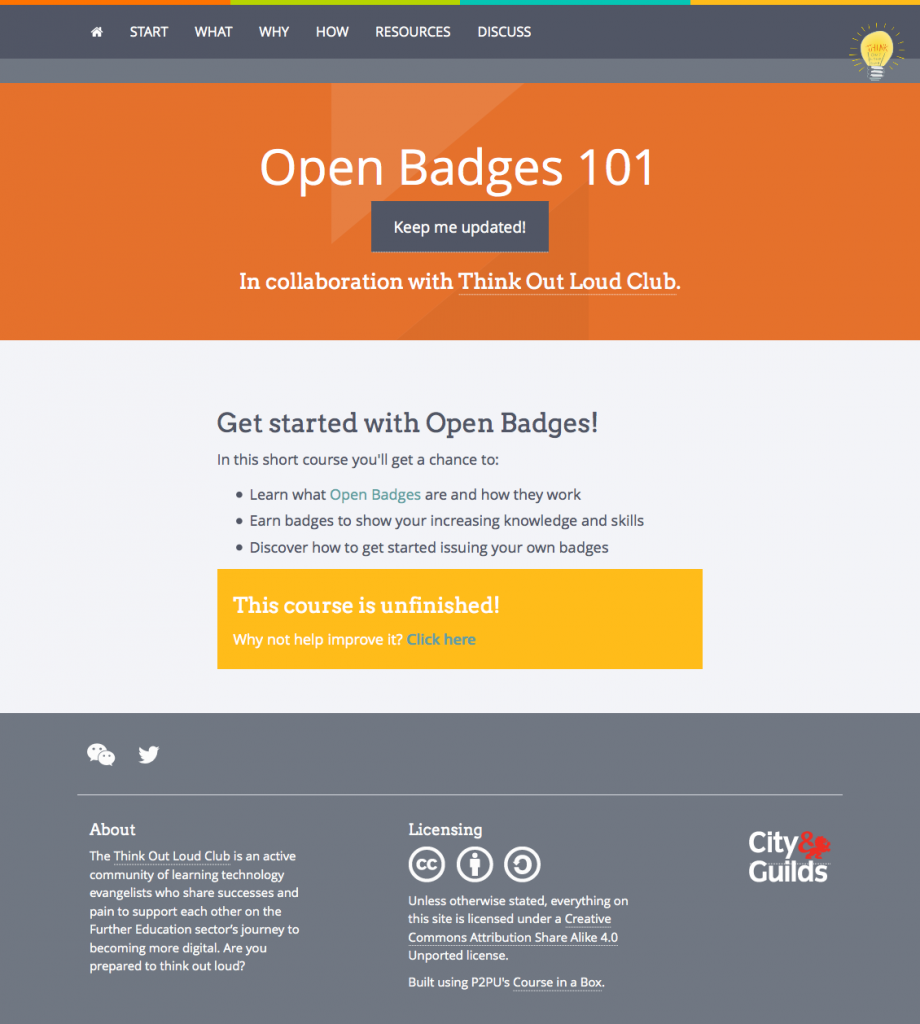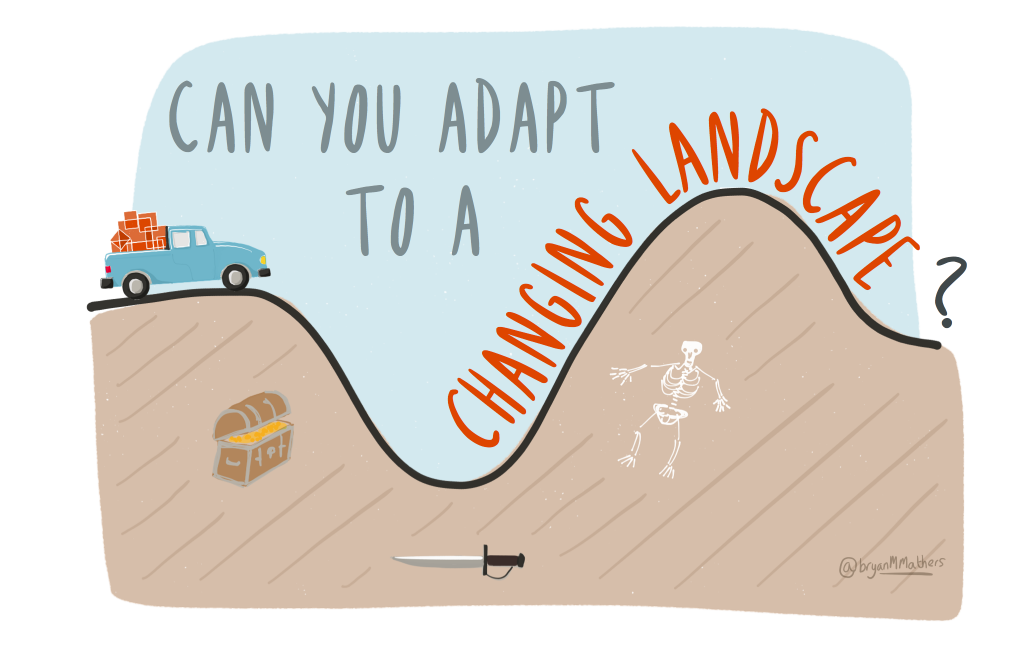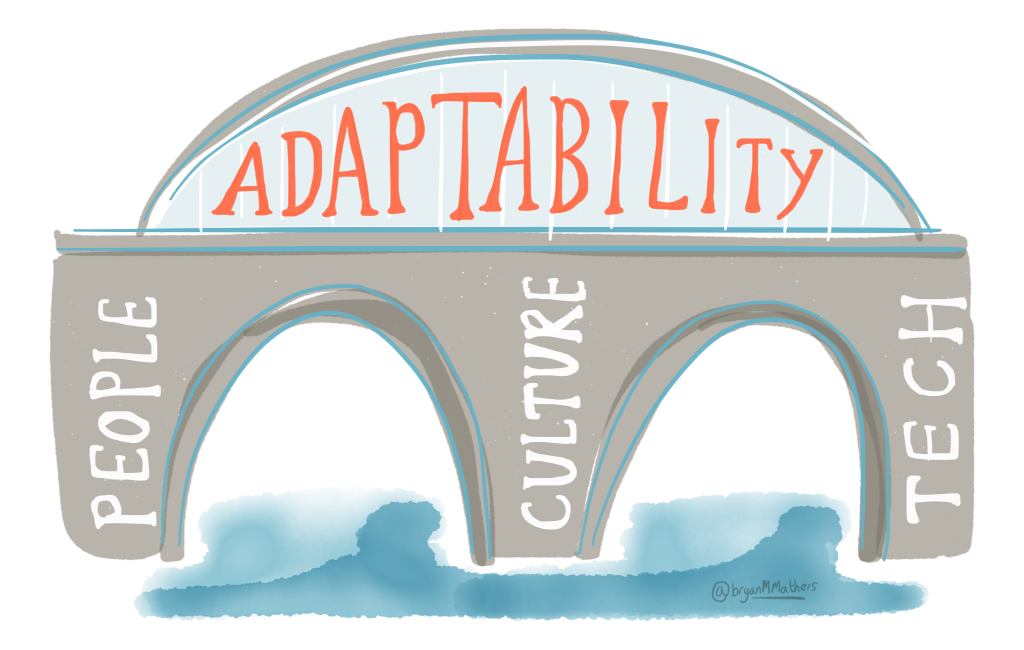So long Digitalme, and thanks for all the fish
Note: City & Guilds have asked me to clarify that Digitalme still exists and continues to offer badging services.
This announcement from Digitalme is a real shame:
Since we joined the City and Guilds Group in June 2016, we have continued to help all kinds of teams recognise learning with the Open Badge Standard.
At this point in our journey, it is time to say goodbye to the Open Badge Academy in order for us to focus on supporting the design, development, and implementation of quality programmes that leverage the Open Badge Standard powered by leading technology — Credly.
After leaving Mozilla in 2015, I consulted with City & Guilds up to the point at which they acquired Digitalme. I’d known the guys at Digitalme since before I started at Mozilla and was impressed with their dedication and effort. They’d built something people and organisations really wanted, so taking it to the next level with City & Guilds seemed to be their opportunity to scale-up.
The trouble was that City & Guilds didn’t really have much in-house technical capacity. They’re a 140 year-old credentialing organisation, who took a punt on a young start-up with the hopes that they could create a whole new business unit out of it. At the same time, to hedge their bets, they invested in Credly. Now, it seems, they’re scuttling Open Badge Academy (OBA) in favour of becoming a Credly reseller.
These things happen, especially as the Open Badges ecosystem matures. It’s been a few years since the demise of Achievery, which was a really forward-looking platform, but unfortunately a too early for the market. What I think is a particular shame with the way City & Guilds are handling the Digitalme situation is the way they are presenting existing customers with a lack of options:
We’re working on a simple way for existing users to download their information, including any badges they have earned so they can continue to share verifiable recognition of their skills.
[…]
To download your badge, go to your profile page and click on the Push icon under your awarded badge. Select the Download option to download this badge to your computer. This download will include data such as the issuer information stored within the image. We would recommend downloading the 2.0 version as this will still be verifiable after OBA closes.
One of the great things about Open Badges, of course, is that you can store them anywhere. Still, you would hope that existing users would, at the very least, be presented with a migration path from OBA to Credly. I would have thought that, given OBA isn’t closing until the end of August, City & Guilds could implement the upcoming Badge Connect API to allow users to make the migration.
The announcement focuses on the sunsetting of OBA, but in effect this is the end of Digitalme. My understanding is that there are very few of the original team left at City & Guilds, and the focus now is on reselling Credly’s products. (I’m happy to be corrected if I’m mistaken.)
A few people have been in touch with me since the announcement asking what they should do. There’s plenty of Open Badges-compliant issuers out there, but I usually recommend Badgr or Open Badge Factory to clients.
Full disclosure: these two platforms sponsor Badge News The Learning Fractal. We approached them for this sponsorship due to their long-term support of the Open Badges standard. Credly made the decision to end their sponsorship of the newsletter at the beginning of this year, and we would thank them for their initial support.
Image: Left high and dry (Explored) by hehaden used under a CC BY-ND license




